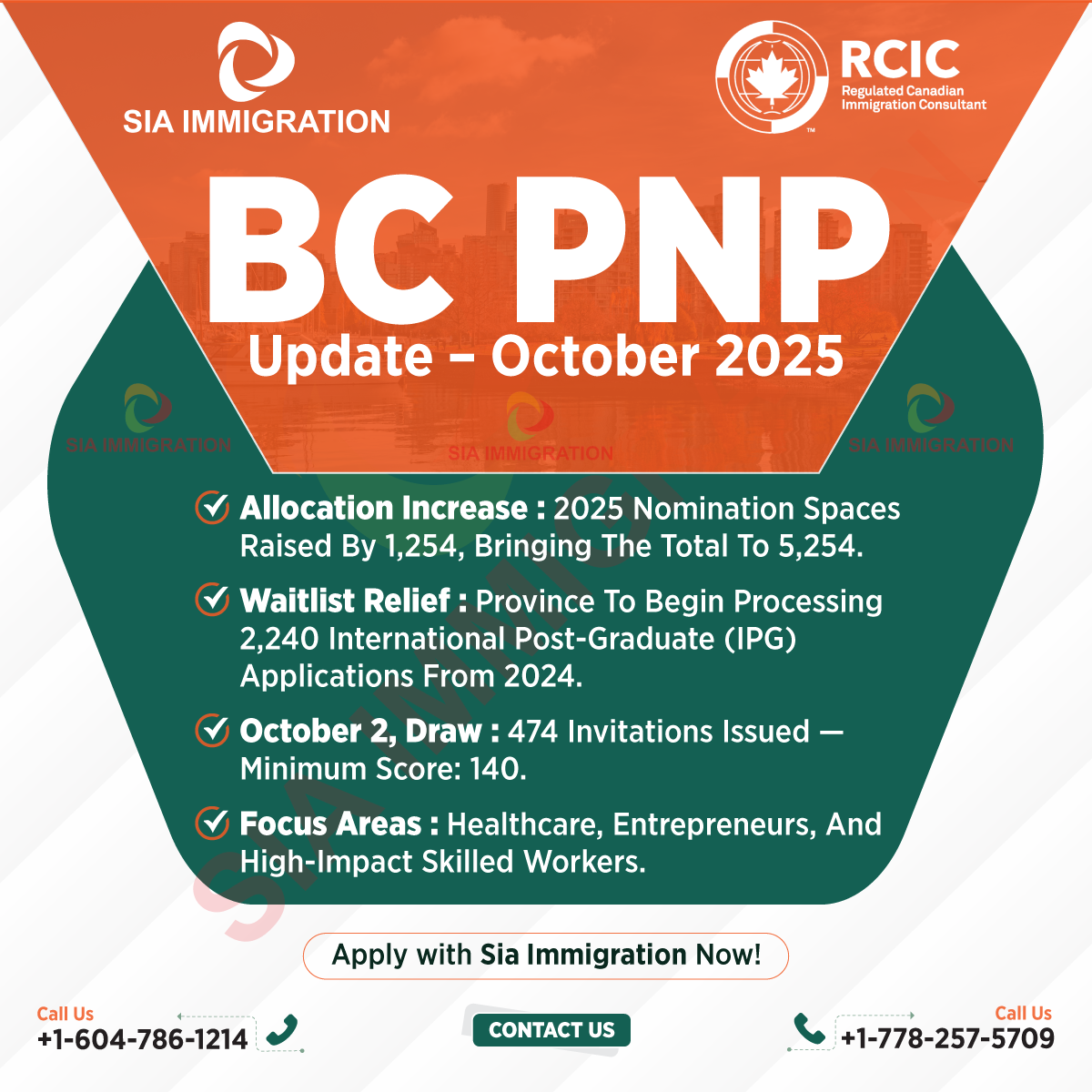Co-op Work Permit in Canada
Overview
As of 2025, international students enrolled in programs at Designated Learning Institutions (DLIs) in Canada that include a mandatory co-op, internship, or work placement as part of the curriculum are required to apply for a Co-op Work Permit in addition to holding a valid study permit. This permit allows students to gain practical experience directly related to their field of study.
This permit is distinct from the standard work authorization included with a study permit, which typically allows students to work up to 20 hours per week during academic sessions and full-time during scheduled breaks. The co-op work permit, on the other hand, is specifically tied to academic requirements and allows full-time work during the work placement term.
Who Needs a Co-op Work Permit?
You must apply for a co-op work permit if:
Your academic program includes a mandatory work component (such as a co-op or internship).
The work placement is required to complete your program and obtain academic credits.
The work placement is arranged or approved by your educational institution.
If your job or internship is not required as part of your study program, you must work under the standard conditions of your study permit.
Eligibility Criteria (2025)
To be eligible for a co-op work permit, you must:
Hold a valid study permit.
Be enrolled full-time at a recognized DLI in a program that requires a mandatory work placement.
Provide a letter from your institution confirming:
The work placement is required to complete the program.
The duration and general conditions of the placement.
Additional supporting documents may be requested depending on your specific program and personal circumstances.
Key Features of the Co-op Work Permit
Type of Permit: Closed work permit (restricted to a specific employer and job).
Employer Listed: The name of your educational institution will appear as the employer. The actual work may take place with another organization but must be arranged or approved by the school.
Validity: The permit is usually valid for the same duration as your study permit, or for the duration of the work placement.
Working Hours: You can work full-time under this permit, according to the placement schedule defined by the institution.
Simultaneous Work: You can still work part-time (e.g., evenings or weekends) in unrelated jobs using your regular study permit work authorization, as long as you meet those conditions.
Fee: There is no fee to apply for a co-op work permit.
Application Process
You can apply for the co-op work permit:
At the same time as you apply for your initial study permit (if you already know your program includes a work placement).
Later during your studies, once the work placement becomes relevant or required.
Important Note: You must receive your co-op work permit before beginning your placement. It is strongly recommended that you apply well in advance, ideally a few months before the scheduled start date of your placement, to allow for processing time.
Applications can be submitted:
Online via your IRCC account, or
By mail, although online applications are typically processed faster.
Additional Considerations
The co-op work permit applies to both paid and unpaid placements.
Work undertaken without a valid co-op work permit, even if part of your program, may result in a violation of study permit conditions.
If your program includes multiple work terms, your co-op work permit should cover all required placements. If the dates change, you may need to amend or extend your permit.
Final Tip
If you're uncertain whether your work placement qualifies for a co-op work permit, consult your program coordinator or international student adviser at your institution. Applying early and ensuring all documents are in order can help avoid delays or missed opportunities.











